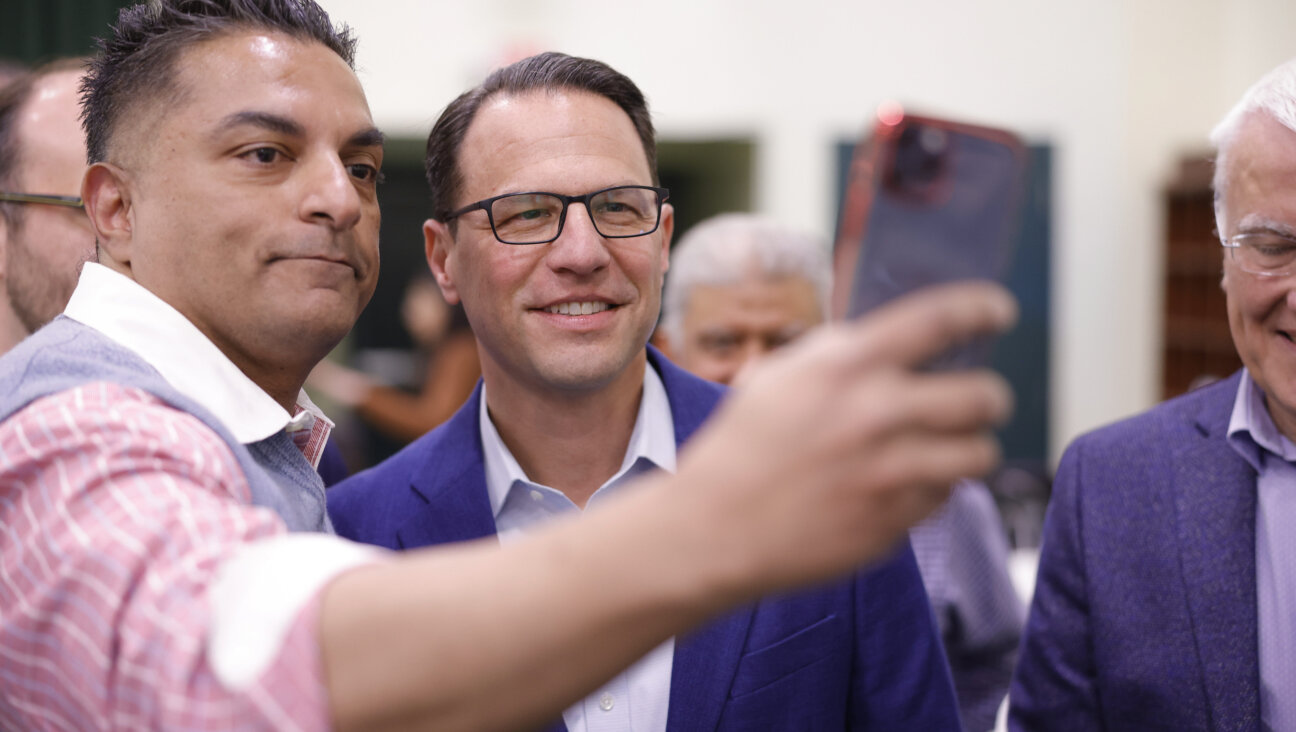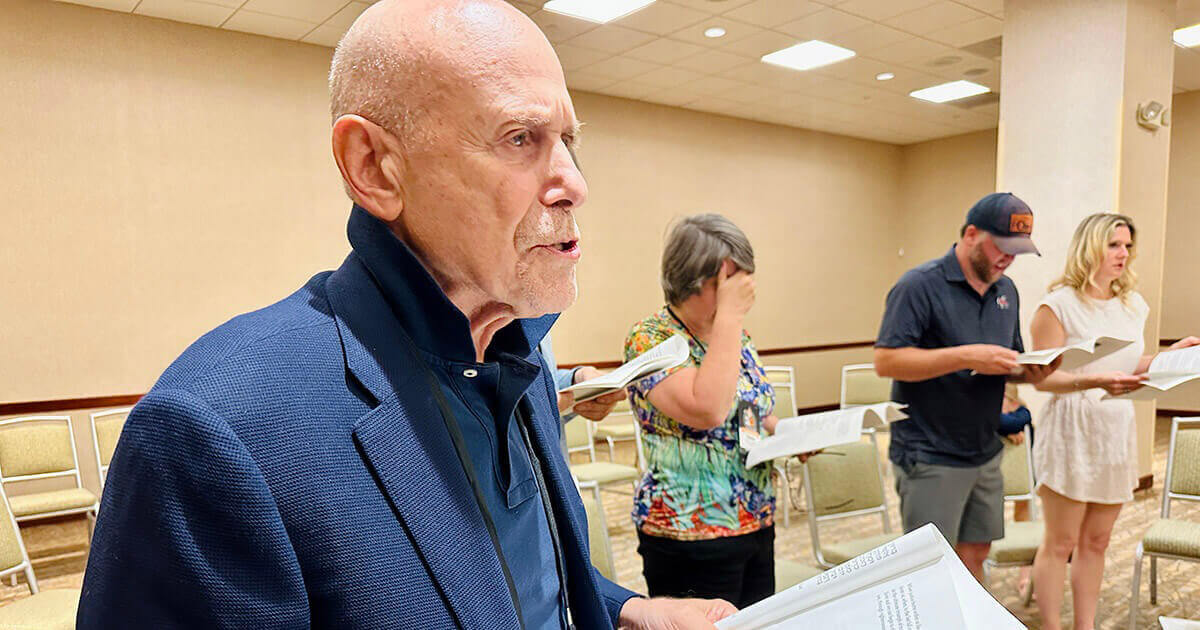Keeping the Peace Poses New Battle for U.S. Troops
WASHINGTON — The Bush administration is seeking ways to generate a favorable reaction from Iraqi civilians upon the conclusion of its drive to overthrow Saddam Hussein. But this battle for Iraqi opinion may prove as difficult as any military campaign.
“Right from the start, winning the peace here will be a greater challenge than we have seen since World War II,” said Ray Jennings, a former senior official with the Office of Transition Initiatives at the U.S. Agency for International Development. “We are good at winning wars but rather anemic at keeping the peace.”
Experts describe even relatively straightforward initial tasks that a responsible occupation government should take, such as providing humanitarian aid and establishing internal security, as navigating a minefield. “This is a huge challenge, which takes the sensitivity and tact that military systems seldom have,” said an administration official involved with policy-making on Iraq, “but it has tremendous political repercussions.”
“This initial success can make or break our ability to transform Iraq,” said Jennings, who helped establish transitional governments in Afghanistan, Bosnia and Kosovo, and is now a senior fellow at the United States Institute of Peace.
First and foremost, Jennings said — following a military campaign that will hopefully be short and inflict few casualties and little damage on Iraqi civilians — the challenge would be to ensure internal security. That task, which Jennings said American forces did not fulfill successfully in Afghanistan, Bosnia and Kosovo, will be very difficult. The fractured Iraqi population, made up of various sects and tribes, may try to settle accounts. Iraqi civilians have been purchasing weapons recently, reportedly to defend themselves against possible retributions by fellow citizens.
Some experts say that American military forces will have to deal with policing challenges immediately upon occupying Iraq. “The military is reluctant to take on these kind of responsibilities,” Jennings said. “It is not the kind of skill sets that the Pentagon prepares its soldiers to employ on the ground, but there is no other capacity in terms of a force that could come in and help police,” he said, arguing that the onus is therefore on the American military to assume that responsibility.
Others say that an alternative law-enforcement force must be deployed. “We have to remove the military from fulfilling internal security tasks as soon as possible,” said Michael Eisenstadt, a senior fellow with the Washington Institute for Near East Policy, who has just finished editing a book on America’s policy in post-Saddam Iraq. The book attempts to draw lessons from the British rule of Iraq following World War I . “The military could kill this baby in the crib,” Eisenstadt said.
The problem, however, is that the military would be the sole actor capable of carrying out both police and humanitarian tasks in the first days of the occupation. Even as they act as a police force, military occupying forces would have to supply relief — food and medical aid — both to the urban and rural populations of Iraq and to an unknown number of refugees.
Former CIA Iraq analyst Judith Yaphe said she recently told Lieutenant General Jay Garner — the retired Army officer who heads the Pentagon’s Office of Reconstruction and Humanitarian Assistance, and who is expected to become the head of the American-led civil administration in post-war Iraq — that three principles are key to obtaining initial success in Iraq: transparency, authority and respect. Yaphe, who is now a professor at the National Defense University in Washington, said the United States must be fully transparent in showing it does not have any claims on Iraq’s territory or natural resources.
It is important, she said, that the United States not tap into Iraq’s oil revenues to cover its expenses for rebuilding the country or financing its occupation. “Do not charge your occupation expenses to Iraq’s oil credit card,” Yaphe said, as tempting as that must be. She said American forces will need to work closely with the Iraqi bureaucracy and respect its expertise, while instilling a sense of order and suppressing lawlessness. Americans will also need to respect the culture, customs and sentiments of the Iraqi people. “Don’t show them the back of your hand or the bottom of your shoe,” Yaphe said.
Yaphe added that it was very important for United Nations weapons inspectors to continue their mission in Iraq immediately after hostilities subside. If the United States claims to have found weapons of mass destruction without U.N. verification, Iraqis — and others in the Arab world — are likely to reject such claims with disbelief, Yaphe said. “They will argue that we planted it there,” she said.
Experts say it is important that American military forces have a “light footprint” in running Iraq’s civil affairs and that the civil administration of the country is quickly transferred to civilians. The Bush administration plans to install a “transitional government” or “interim authority” — two terms that administration officials use interchangeably — made up of American quasi-ministers at the top, Iraqi expatriates who have recently been hired on 120-day contracts in intermediate positions and Iraqi citizens staffing the bureaucracy.
The success of the first phase will determine the pace and nature of undoing Saddam’s legacy. One good example that is currently being discussed in the administration is the intention to change Iraq’s currency to a set of banknotes that do not carry Saddam’s portrait, as all Iraqi dinar bills do now. Administration officials have been discussing various ideas for replacing the dinar, and apparently agreed to use American dollars for an interim phase and then let Iraqis agree on the nature of their new currency.
Jennings says that contrary to similar past undertakings worldwide, the American civil administration of Iraq will require “fully embracing the true responsibilities of governance.” In Iraq, he said, the key to success would be “to take off the edge of our very heavy footprint by doing everything, from day one, in a community-based fashion.” In order for its civil administration to succeed in Iraq, it will have to “change its traditional doctrine” and initially “fully engage the military in civil affairs,” allow a full engagement of non-governmental organizations in providing humanitarian relief and be prepared for a decade-long commitment to rebuilding Iraq. The United States has always been reluctant to do that, and still seems reluctant today. “We have traditionally failed” in similar past endeavors,” Jennings said. “I am very skeptical that we can do it right this time.”
Military To Provide Security, Handle Aid
A message from our editor-in-chief Jodi Rudoren

We're building on 127 years of independent journalism to help you develop deeper connections to what it means to be Jewish today.
With so much at stake for the Jewish people right now — war, rising antisemitism, a high-stakes U.S. presidential election — American Jews depend on the Forward's perspective, integrity and courage.
— Jodi Rudoren, Editor-in-Chief






















